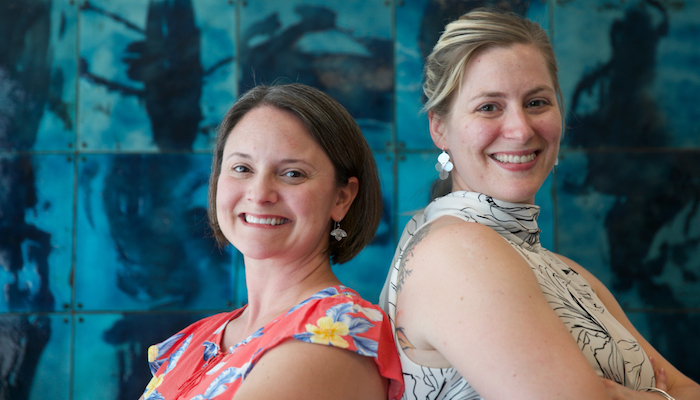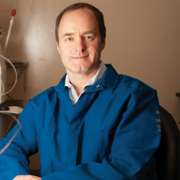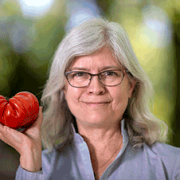Record Number of UC Davis Startups for 2017–18

Tara Ann Niendam, an associate professor in residence and the executive director of the UC Davis Early Psychosis Programs, and Laura Tully, an assistant professor of psychiatry, are the co-founders of Safari Health, a digital health technology company focused on evidence-based care for young people experiencing serious mental illness. (Lisa Howard/UC Davis)
Original post: research.ucdavis.edu/record-number-of-uc-davis-startups-for-2017-18
The University of California, Davis, enabled the foundation of 16 commercial companies during the fiscal year ending June 30, an all-time high for the university. This brings the total number of startups made possible by UC Davis technologies during the past 10 years to 137.
“Our commitment to supporting innovative faculty, students and staff — with the coordinated suite of resources we offer through Venture Catalyst — is accelerating societal benefit and regional economic impact through a robust pipeline of university spinoffs,” said Dushyant Pathak, associate vice chancellor of research and executive director of UC Davis Venture Catalyst.
“Not only are we seeing an uptick in the number of exciting new technology ventures from the university, but we are also seeing the achievement of significant commercialization milestones by prior years’ startups,” Pathak said.
Many of the startups are targeting unmet needs in human health, with new tests, technology platforms and therapeutics for diagnosing, monitoring and treating a wide variety of conditions and diseases.
Four of the new companies have innovations focused on cancer. Others are developing therapeutics aimed at treating obesity, multiple sclerosis, Alzheimer’s disease and optic neuropathy.
Safari Health, co-founded by Laura Tully, an assistant professor of psychiatry, and Tara Ann Niendam, an associate professor in residence and the executive director of the UC Davis Early Psychosis Programs, is a digital health technology company focused on evidence-based care for young people experiencing serious mental illness. The company’s first product, Mobi, is an app-based technology for psychosis clinics to monitor how patients are faring in between caregiver visits.
“In a traditional mental health treatment setting, patients can often go weeks in between seeing a therapist or doctor,” said Tully. “A lot can happen in that time. Mobi closes that loop and allows the provider to monitor how things are going. If there is something predictive of a bad outcome, the provider is notified and can make a care decision.”
“We are using technology to get data in order to improve care,” said Niendam. “With this platform we can connect people to appropriate care and also improve the care that’s provided.”
Petr Janata, a professor in the Department of Psychology and a faculty member in the UC Davis Center for Mind and Brain, is developing a different type of software platform — one that lets people preserve and share memories and stories associated with specific music.








